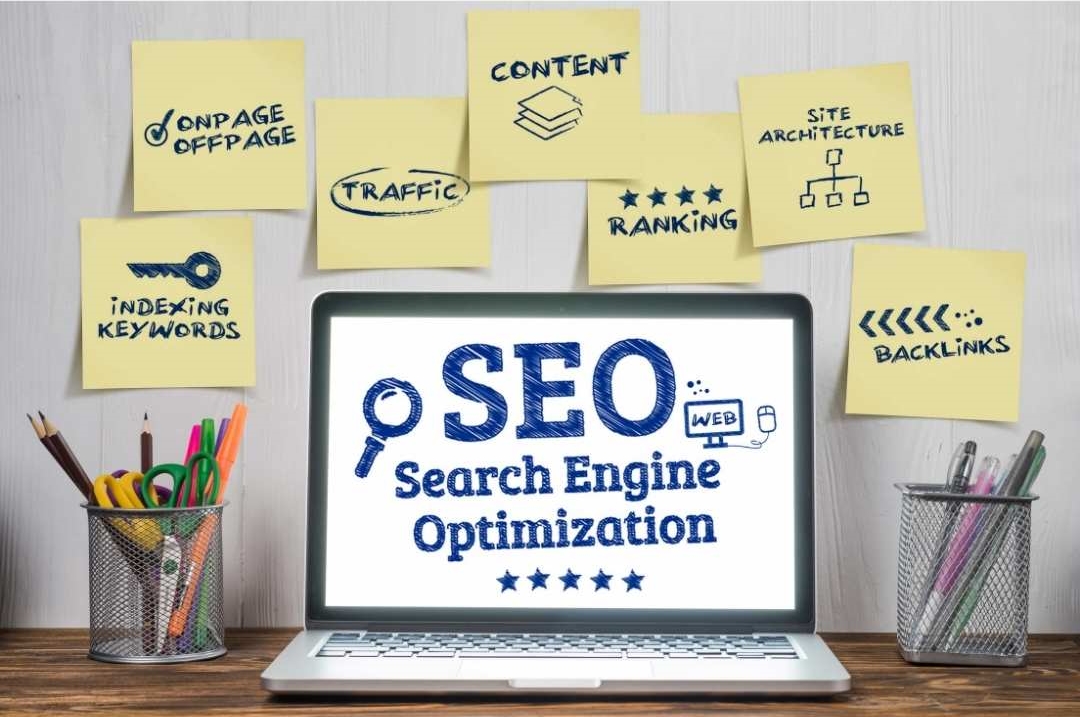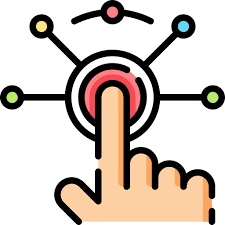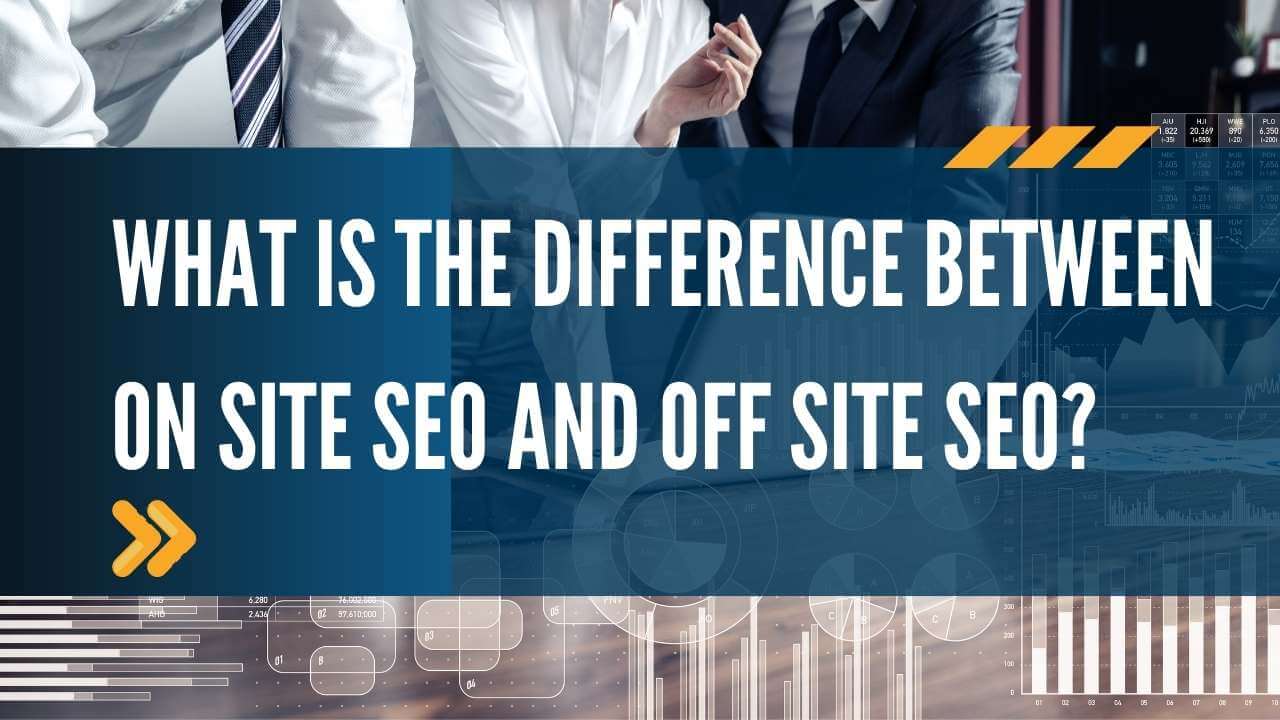Website owners sometimes ask the question, “What is the difference between on-site SEO and off-site SEO?” Many people have a general idea of what off-site optimization is, but they are not familiar with on-site optimization. This article will explain what on-site optimization is and how it differs from off-site optimization.

What Is Onsite SEO?
Onsite SEO is the art of optimizing your website so that it can be found by people searching for specific terms. The search engines, which are now using artificial intelligence (AI) to crawl and index websites, look for pages that answer certain questions about a topic. In this article, we will explain how Onsite SEO works and how you can make sure your website does not get left behind in the search engine algorithm updates. Onsite SEO, also known as on-page SEO, involves optimizing the content on your own site.
What is On-Page SEO?
On-page SEO, also known as organic SEO or natural SEO, is a method of optimizing your website’s search engine ranking that uses all-natural backlinks.
A company that provides On-page SEO services will get you natural backlinks to your site. These links are made by websites that have an interest in your business, rather than linking to you because they have been paid to do so.
On-page SEO is a search engine optimization tactic used to increase traffic to your website and ensure your business’s website has a higher ranking on search engines. It is one of the major SEO techniques that can be applied in order to improve the visibility of your website on search engines.
On-page SEO Factors:
Relevant Content: A good content strategy is critical to your success. It’s a tricky balance of what you write when you write it, and how often you update it. It’s not enough to just publish regularly; you need to ensure that each post gives your customers value in the form of new insights or updates they can use.
Keywords: A keyword is a word or words that are used in search engine results pages (SERPs) to provide information about what people are searching for. Keywords determine the prominence of your website within SERPs. They also determine how many potential customers see your website. That’s why you need to pick them carefully and spend some time understanding them.
Titles & Title Tags: When it comes to title tags, there is no universal standard. However, their importance of them cannot be understated. The most important thing about titles and title tags is that they must be written in a way that will be read by a human being (human-readable). However, there are other factors that need to be considered when writing titles for search engines as well.
Headings: There are two main kinds of headings: subheadings and bold-facing. Subheadings are smaller, more distinct versions of the main text. Bold-facing is a larger heading than the main text and uses an underline to distinguish it from regular text. Be Sure You are Using Appropriate Headings (H1, H2, H3).
URL Structure: URL structure is a key element of your online identity. It can make or break your reputation and lead to significant results for the search engines. A URL structure is a hierarchy of directories that makes up a website.
Meta Description: A meta description is a short and concise text that can be used to describe your website’s content in search engines. The meta description should be as relevant as possible and should entice users to click on the links in the body of the page. The longer, but more detailed descriptions in search engine results are called “headlines”.
Page Load Speed: Page load speed is the amount of time it takes for a page to load. A fast page load will help your users focus on what they need to see, instead of spending their time waiting for content to download. A slow page load will annoy your users and lead them to abandon your site.
SSL Encryption: SSL encryption is an important technology in the world of online security. It provides an extra layer of protection for all your transactions, data, and communications when you are surfing the web. Even if a website offers SSL encryption as a standard, it’s still very important to check whether it’s really protecting your data.
Internal Linking: Internal linking is one of the best ways to improve your site’s user experience. It provides users with seamless and fast navigation that is consistent across your site, so they don’t have to hunt for what they need. When you do things right, internal linking results in a more optimized browsing experience for users.
What is Off-Page SEO?
Off-page SEO is a core part of any digital marketing strategy. It includes search engine optimization techniques that leverage the web for your business, but can also be called outbound link building, outreach, and community building. The point is to get as many people as possible talking about your business on the internet so that you can receive more traffic from search engines like Google. Off-page SEO is a core part of any digital marketing strategy. It includes search engine optimization techniques that leverage the web for your business, but can also be called outbound link building, outreach, and community building. The point is to get as many people as possible talking about your business on the internet so that you can receive more traffic from search engines like Google.
Off-Page SEO Ranking Factors
Google has been investing heavily in off-page SEO for quite some time now. But as the ranking algorithm changes every year, new factors have emerged that could influence how a website ranks in search engine results. Here are some of the most important factors that can help improve your off-page SEO.
Backlinks: Links are the most important factor that affects a website’s search engine ranking. In order to rank high in search engines, you need to have high-quality backlinks and more than enough of them. There are two types of links: internal and external. Internal links refer to hyperlinks pointing to a website’s pages within its own domain, while external links point to websites on other domains.
Social Media: Social media is an integral part of the SEO process, which means it’s important to know how to leverage this platform for your own business. Here are a few tips on getting the most out of social media for SEO. You can Also Give Your Website Link To Social Bookmarking Sites For Your Off-Page Seo.
How to Optimize for off-page SEO?
- Influencer Outreach.
- Contribute as Guest Author.
- Social Media Engagement.
- Social Bookmarking Sites.
- Forum Submission.
- Blog Directory Submission.
- Article Submission

